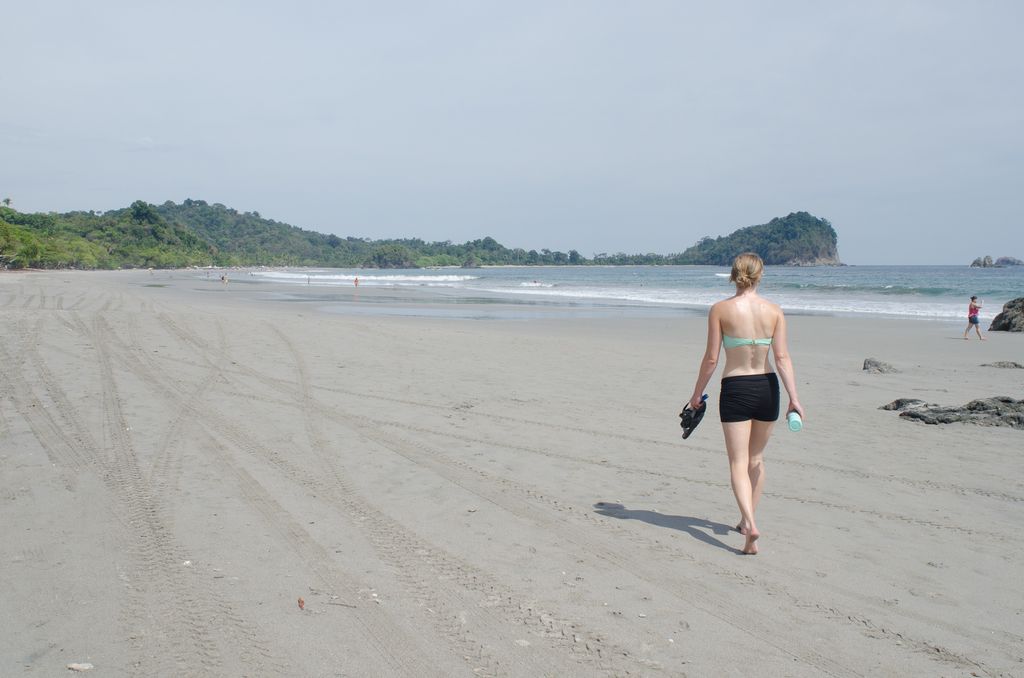International Oceans Summit: Macron Declares Deep Seas, Regions like Greenland and Antarctica Are Not Open for Sale
Whipping up a Storm: Macron's Ocean Call to Action
Emmanuel Macron, the French President, stirred the pot at the United Nations Oceans Conference in Nice on a rainy Monday, urging global action to save the seas. "We're sailing towards a tempest if we don't act now," Macron warned, setting the tone for the event.
In his opening address, Macron declared that the solution lies in "transatlantic cooperation." The deep sea, Greenland, and Antarctica, he asserted, should not be up for grabs - digging a veiled jab at US President Donald Trump's strategic expansionist declarations since he took office.
The Earth is heating up, Macron acknowledged, as the ocean is stewing. He advocated for an "open partnership" in science and research to safeguard the seas, stating emphatically, "Climate change and biodiversity are not subjects for debate; they're established facts supported by science."
Macron confirmed that a High Seas Treaty would be ratified by a sufficient number of countries at the summit, enabling it to enter into force. He revealed that 50 countries had submitted ratifications in the past few hours, and another 15 countries had formally committed to joining them, signaling a shift in global consensus.
The High Seas Treaty: What's the Buzz?
The High Seas Treaty, signed in 2023, is poised to protect marine biodiversity in areas beyond national jurisdiction, often referred to as the BBNJ Agreement. As of the UN Ocean Conference, the treaty has received 28 ratifications, with the EU and several of its member states (France, Spain, Cyprus, Finland, Hungary, Latvia, Portugal, and Slovenia) leading the charge.
The treaty requires 60 ratifications to become a reality. As the count ticks closer to the goal, nations are anticipating significant progress, with 18 new countries expressing their willingness to ratify the treaty, raising hopes for a surge in high seas protection.
A Moratorium on Deep-Sea Mining: Macron's Plea
Macron also voiced his support for a moratorium on deep-sea mining, claiming it's a necessity. "Going ahead with deep-sea exploitation is like playing Russian Roulette with the ocean," he said, referencing the potential destructive impact on the deep seabed and its biodiversity.
Trump's administration has stirred controversy by accelerating US exploration efforts in international waters, trying to sidestep global efforts to regulate the nascent sector. The International Seabed Authority, which oversees the ocean floor outside national waters, will be convening in July to address a global mining code that will govern mining in the ocean depths.
Plastics Pollution: A Global Nightmare
As nations haggle over a global plastics pollution treaty and neglect international efforts to regulate deep-sea mining, only 2.7 percent of the ocean remains effectively protected from destructive activities. The goal of the "30x30" pledge, focused on conserving 30 percent of land and sea by 2030, appears a distant dream.
The summit in Nice is critical, as multiple nations debate new commitments, expose the disparity between marine protection declarations and actual conservation, and seek to rally support for the High Seas Treaty.
France, the co-host of the event, claims to have surpassed the 30 percent marine protection target. However, according to environmental groups, only 3 percent of French waters are truly safeguarded from harmful activities like bottom-trawling and industrial fishing.
In 2024 alone, more than 100 bottom-trawling vessels were tracked within France's six marine nature parks, logging a combined 17,000 hours of fishing.
(FRANCE 24 with AFP, AP and Reuters)
Sources:1. Macron calls for urgency at UN ocean conference as deep-sea mining debate heats up - France 24, May 16, 20252. EU ratifies landmark high seas treaty that aims to protect marine life - Euractiv, May 20, 20253. The race to stop the deep sea becoming the wild west - The Guardian, May 15, 20254. Ocean Conference Highlights the Need to Protect the High Seas - Center for Ocean Solutions, May 16, 20255. France and EU Warm to UN's High Seas Treaty: What could it mean for conservation? - The Nature Conservancy, May 14, 2025.
- Macron's advocacy for the High Seas Treaty, aimed at safeguarding marine biodiversity in regions beyond national jurisdiction, aligns with the call for scientific collaboration and research to address climate change and biodiversity loss, a central issue in environmental science.
- Macron's request for a moratorium on deep-sea mining brings forth concerns about the potential destructive impact on the deep seabed and its biodiversity, yielding a contentious debate on policy and legislation within the realm of politics and general news.
- Amid calls for a global plastics pollution treaty and continued efforts to regulate deep-sea mining, the small percentage of oceans effectively protected from harmful activities highlights the urgent need for expanding marine conservation initiatives, such as the "30x30" pledge put forth by various countries.
- At the United Nations Oceans Conference, nations will convene to discuss and debate new commitments for marine protection, enabling them to identify discrepancies between declarations and actual conservation measures, ultimately rallying support for the High Seas Treaty, while addressing controversial aspects like deep-sea mining and plastics pollution.






